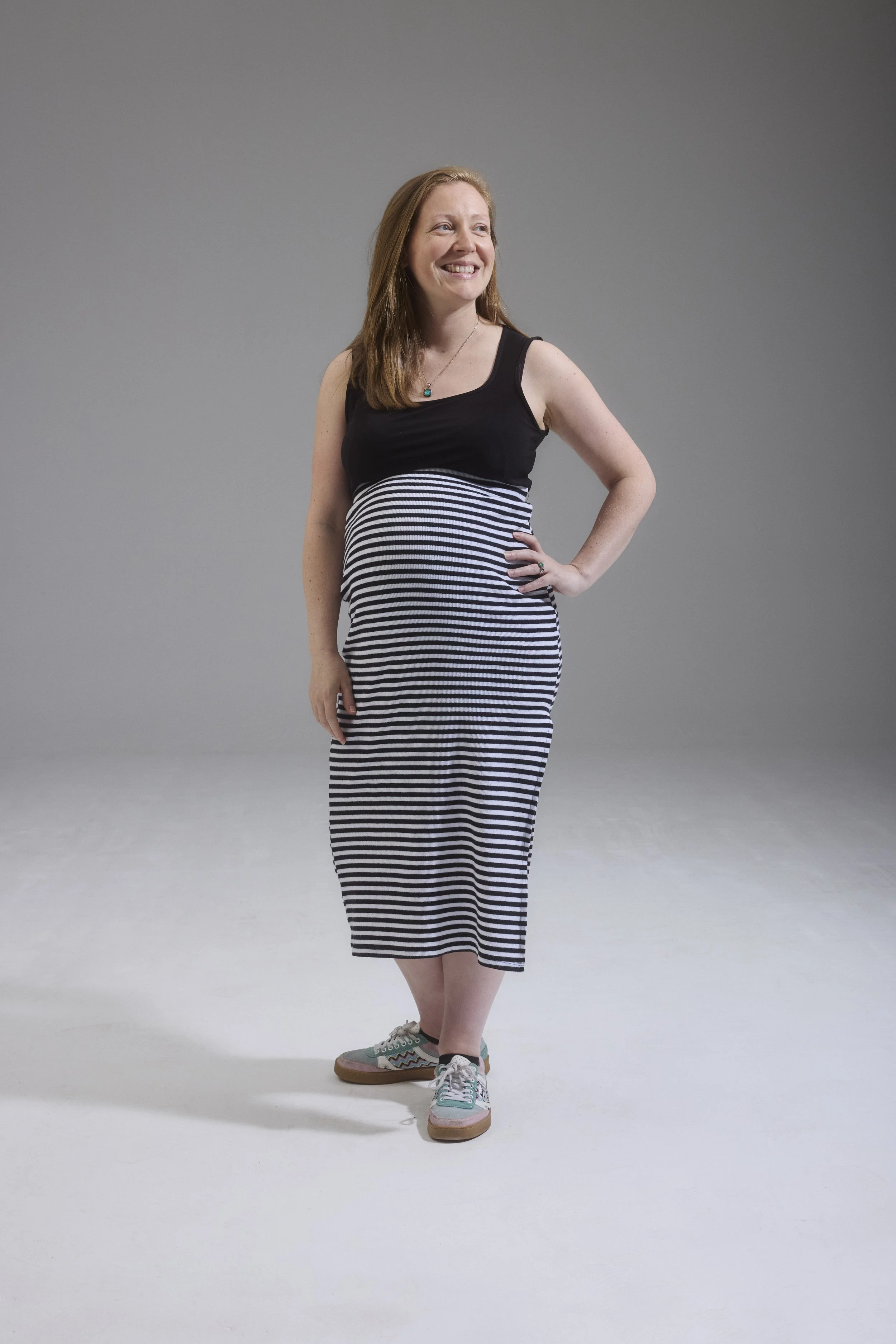Let Them Fall: Lessons in Learning, From Toddlers to Teams
Words by Paula Harrison
Photography by Christopher Owens
There’s something especially poignant about writing this during my last week at work before maternity leave. But the truth is, I’ve always been passionate about helping people grow into their potential, whether that’s through coaching, mentoring, or simply making space for people to try, fail, and go again. Having my own children has only deepened that commitment. When you’re raising a small human, the learning process is right there in front of you - raw, relentless, messy (really bloody messy!), and to be honest, a genuine pleasure to witness.
What toddlers can teach us about the future of work (A very ‘LinkedIn’ title )
There’s a quote I love that’s often attributed to Michael Jordan: “When a toddler keeps falling down, they never think to themselves, ‘Maybe walking isn’t for me.’” (I’m paraphrasing but you get the jist). That’s the kind of resilience we could all do with more of, especially in the world of work.
Toddlers learn by doing. They fall, over and over again. And crucially, the adults around them don’t always intervene. They allow them to fall. They know that doing it for them only delays the process. The same goes for learning to feed themselves: it’s slower, less convenient, and definitely messier (picture cleaning dried on Wheetabix out of your dog’s hair after your child decides that the only acceptable way to tell you they’re full is to empty the contents of their bowl over the side of their highchair and over the head of their furry sibling who’s lingering for scraps). But if you always step in to make it neater or faster, you rob them of the skill.
“Supporting someone’s development whether they’re a toddler, a placement student, or a team member, often requires restraint more than action. It means resisting the urge to jump in, tidy up, or take over.”
Learning often means doing less, not more
Supporting someone’s development whether they’re a toddler, a placement student, or a team member, often requires restraint more than action. It means resisting the urge to jump in, tidy up, or take over. It means choosing long-term growth over short-term ease. And yes, it often means tolerating the mess.
I’ve learned that when we prioritise our own comfort over someone else’s learning curve, we’re not necessarily being helpful - we're actually stifling progress.
Making space for others makes space for ourselves
At Layers Studio, we’re lucky to work with early-career creatives and placement students who regularly remind us how much learning is a two-way street. Welcoming fresh perspectives into the studio challenges us to revisit our own ways of working. It prompts reflection, openness, and a willingness to adapt, even when it’s uncomfortable.
This mindset of continual learning is something we care about deeply. Last year, we were honoured to be Highly Commended in the Skills Developer category at the Dynamite Awards, and that recognition meant a lot. Not because of the accolade itself, but because it reinforced that consistently investing in people matters. And that it’s worth doing, even when no one’s watching. Which is why we’ve recently launched Layers Academy - a site where we’re sharing free resources (as raw as they are) from bootcamps we’ve previously delivered to make this knowledge more accessible, and for anyone who is able and willing they can donate via the website to ‘Dynamo’s Digital Inclusion Fund’.
“When you’re raising a small human, the learning process is right there in front of you - raw, relentless, messy (really bloody messy!), and to be honest, a genuine pleasure to witness.”
The workforce of the future will need more than skills
Of course, practical skills matter. But so do mindset, self-trust, and the ability to keep going even when you fall. Especially then!
The workforce of the future won’t just need more training or better tools. It will need people who are unafraid of the mess. Who know that failure isn’t a reason to stop, but a cue to adjust. Who were given the space to try, even when they were just starting out.
Closing reflection: Let them rise
We don’t need to reinvent the wheel to support growth. We just need to remember what it looks like at its most basic: a child putting one foot in front of the other. A young person asking a question no one else thought to ask. A team willing to pause and make room, even if it slows things down.
There’s beauty in the falling. And power in letting people rise in their own time.
“Of course, practical skills matter. But so do mindset, self-trust, and the ability to keep going even when you fall. Especially then!”
If you’re in a position to influence others, whether that’s in your business, your industry, or your community, consider what you can offer.
A student placement. A guest lecture. A mentoring session. A seat at the table for someone earlier in their journey. Feed into the curriculum. Share your mistakes. Say “I don’t know” out loud.
Our future workforce depends on this kind of support. Not just because it’s the right thing to do but because we might just learn something new about ourselves, too.
Connect Paula Harrison
Learn More Layers Studio




